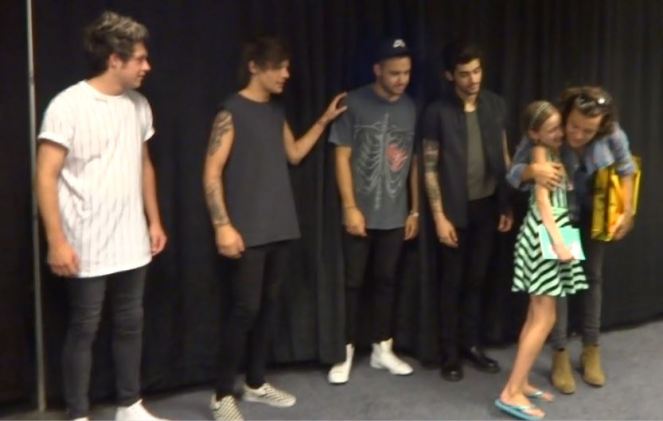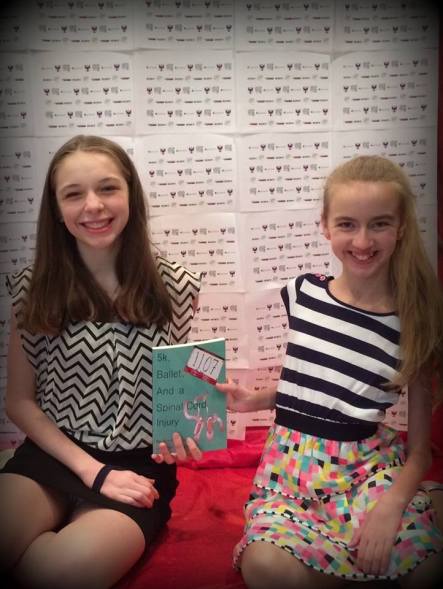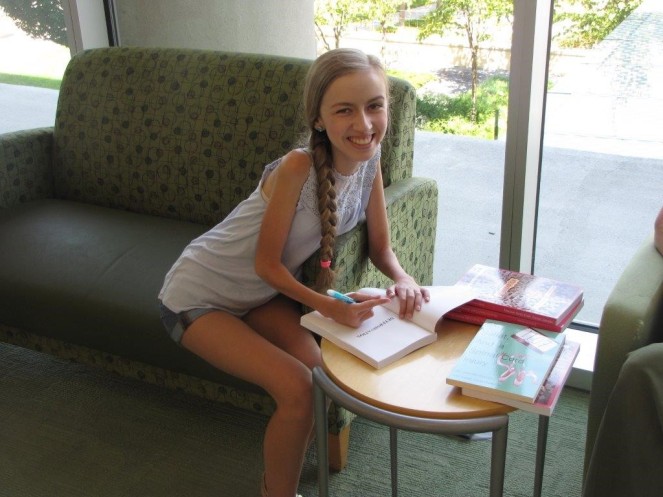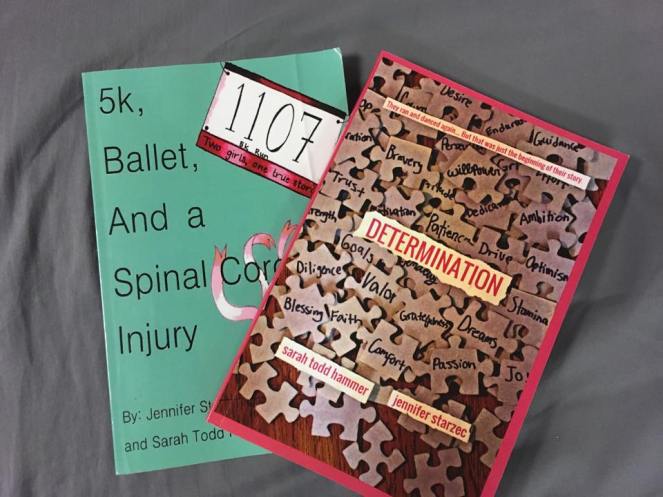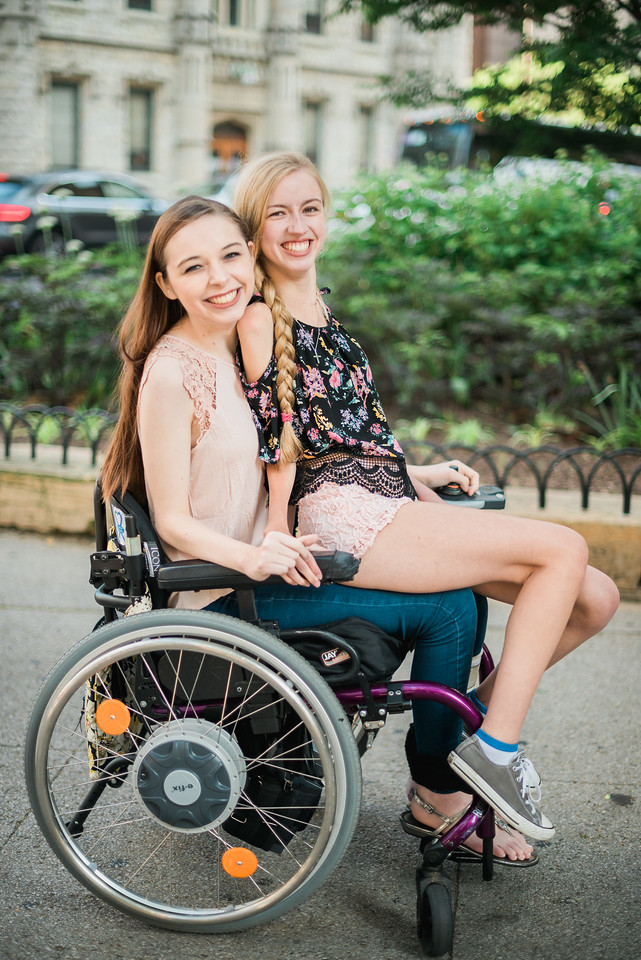In December, I boarded a cruise ship with my family for a New Years vacation, completely unaware that the Coronavirus even existed. Now, in March, I sit in my home in Atlanta, GA, completely aware that the Coronavirus exists—and afraid of its effects.
Just a week ago I was returning home from a two night venture to Charlotte, NC to visit the college I will be attending next year (which has since closed for the rest of the semester), and I was looking forward to flying to Florida to visit my friend. Today, over a week later, it’s Wednesday, and I haven’t left my house since last Monday. My last big hurrah was venturing out to the Container Store with my mom, before we decided it would be best to self-quarantine. Since then, I’ve slept a ton (when I’m not laying in my bed at two in the morning, too anxious over the Coronavirus to sleep), watched an over abundance of Tik Toks, and attempted to read a book—but I’m too preoccupied to dutifully concentrate on that. My life has been flipped around in a matter of a few days, and it is only a matter of time before everyone in the entire country’s life does, too.
I’ve lived with decreased lung capacity for nearly a decade due to my disorder, Acute Flaccid Myelitis (AFM). And I know I’m not the only person with a disability or underlying health condition who is frightened right now. Many of my friends with disabilities have been stuck in their homes, anxious about their health because there isn’t much we can do except wash our hands. We have all watched as our friends without disabilities and underlying health conditions have ventured off to the Caribbean, on cruises, and to Europe, ignoring the fact that staying away from other people is what we should be focused on right now. Experts stand by the fact that social distancing is the best way to flatten the curve; or, as OPB puts it, “slow the spread of the virus, so that you don’t get a huge spike in the number of people getting sick all at once.” There is no point in those of us with disabilities and underlying health conditions engaging in self-quarantine if those around us do not do their part. When a family member of mine returns to the house, they bring with them the germs of every surface they touched and every person with whom they interacted. Of course, this always holds true, but this fact is even more worth taking into account during this global pandemic. According to the Boston Globe, many people in Italy (which is now on lockdown) “could have taken a simple yet morally loaded action: [they] could have stayed home.”
While there are numerous people arguing that the Coronavirus is not a big deal and “only” three percent of people who contract it are dying, it is imperative that we recognize that it is a big deal. I’m quite sure that those who are pushing the “only three percent” narrative as a means of reassuring others this virus is not a big deal would care once it became their own loved one. And, frankly, numbers should not matter here, because every life is valuable, and one person dying should be enough to cause concern. Think of it this way: @MrDre_ on Twitter said, “If I gave you 100 skittles and told you 3 of them could kill you… I’m sure you would avoid the…skittles.” Those who are worried for their own health or their loved one’s health are rightfully so and should not be belittled or have their concerns invalidated by others who don’t understand the severity of the Coronavirus or value the lives that have been and will be lost. Those fifty people in the United States who have died due to the Coronavirus are someone’s family members and friends—not merely a statistic.
Of course, nobody wants to stay holed up in their house for days, weeks, or months on end. But if we continue to act like life is going on as normal and attend social gatherings, go out to lunch, shop, etc., then the amount of people who contract the Coronavirus will only steadily and exponentially increase. Schools are closed and many are working from home for a reason—and that reason is not to simply have free time. It is to protect and save lives. And if we don’t all do our part, more lives will be unnecessarily lost, and we could end up like Italy.







